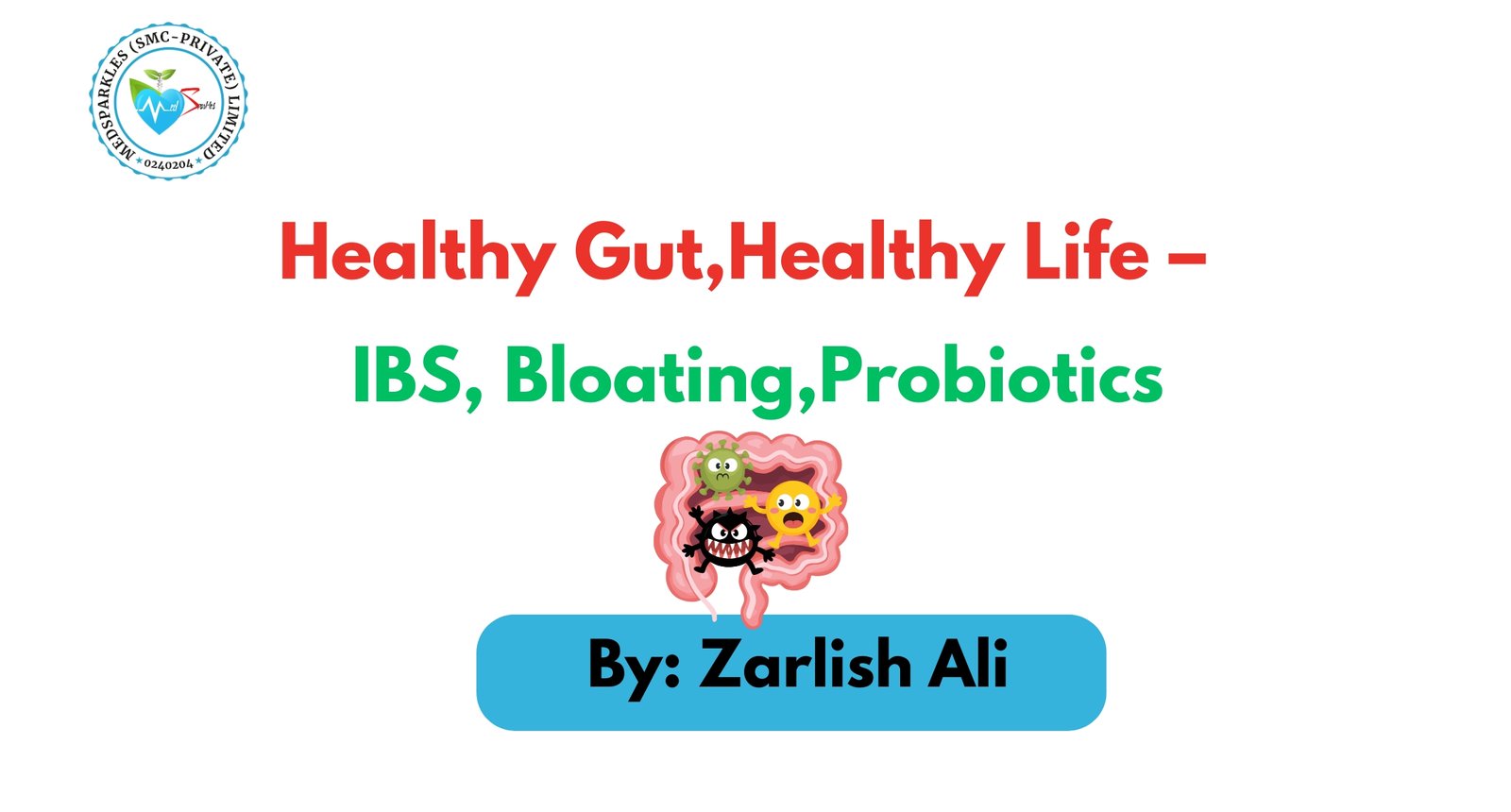Many people in our society especially elders still hold the belief that natural or herbal remedies are better and more effective than conventional allopathic treatments. When we look into the science and research conducted, it becomes clear that this belief is justified, the effectiveness of traditional natural remedies, used over centuries, has gained recognition, reinforcing the concept that plants are beneficial for our health.
Cancer is one of the most common causes of death worldwide and everyone is looking for advanced treatments e.g., now researchers are focusing on nanoparticles/ nanotechnology for cancer treatment side-by-side they are also focusing on natural remedies. Nature is full of beneficial things; all it asks us is to explore them. These remedies contain specific compounds with various properties, such as anti-inflammatory, antioxidant, and anticancer effects, which help in fighting against cancer cells.
Although they cannot fully replace medical treatments, but adding these spices and herbs to your daily routine may provide helpful support to standard therapies. Do you know many of these treatments can be found right in our kitchens? So, let’s discuss three extremely basic and commonly used ingredients and their benefits in cancer prevention that we commonly use in our cooking, and how they complement allopathic medications.
1.TURMERIC:

- Scientific name: Turmeric is known as Curcuma longa, and it is one of the most studied spices.
- Family: It is a rhizome herb belonging to the ginger family i.e., Zingeberaceae.
- Properties: Anti-inflammatory, and antioxidant
- The active ingredient that possesses these properties is curcumin.
- Curcumin is widely recognized for its strong anti-inflammatory and antioxidant effects, positioning it at the center of research into natural treatments for numerous health issues, including cancer. Its capacity to influence inflammatory pathways is important, considering that persistent inflammation is associated with the onset and advancement of various cancer types. Additionally, it serves as an antioxidant that combats oxidative damage and enhances the body’s natural antioxidant enzymes.
- Benefits other than cancer prevention:
- Inflammation
- Degenerative eye conditions
- Hyperlipidemia (cholesterol in the blood)
- Anxiety
- Muscle soreness after exercise
- Kidney health
- Osteoarthritis
- Type II diabetes
How can we use turmeric in daily life?
- Turmeric milk: add 1 teaspoon of turmeric powder to warm milk and sugar for sweetening and drink for anti-inflammatory and antiseptic effects.
- As a spice in cooking, add a pinch of turmeric powder or half a teaspoon, according to your taste, to your curries and soups. It will enhance the taste while benefiting your health.
- Traditional use: traditionally, people add turmeric to mustard oil and slightly heat it
- to ensure it is properly mixed, and then apply it on any kind of wound and cover it with a clean cloth to get the anti-inflammatory effect. If turmeric is used in dry form, it will not absorb properly.
- Turmeric supplements: turmeric supplements are also available in the market, but
- always ensure that the product
- is of high quality and consult your doctor before use.
- Turmeric face pack: take 1 teaspoon of turmeric powder and 2 teaspoons of chickpea flour, add water to it, and make a thick paste. Wash your face properly and dry, now apply this paste on your face with a clean brush and wait 15 minutes till it dries. After it dries, scrub your face properly and wash. This will help with acne, removing blackheads and brightening up your skin.
2.GINGER:

Scientific name: Zingiber officinale
Family: Zingeberaceae.
Properties: anti-inflammatory and antioxidant effect
The active ingredients that possess these properties are gingerol, shagoal, and paradol.
Gingerol is recognized for its strong anti-inflammatory and antioxidant properties. By lowering inflammation, ginger aids in combating one of the main contributors to the progression and development of cancer. The compounds found in ginger, including gingerol, are known to enhance immune health, which is why ginger is highly regarded as a spice for overall wellness. It has shown potential in inhibiting the growth of cancer cells, particularly in colorectal, ovarian, and pancreatic cancers. Additionally, ginger is well-known for its effectiveness in reducing nausea caused by chemotherapy and enhancing digestive health, making it a valuable aid for cancer patients undergoing treatment. Studies also found that ginger has an antitumorigenic effect.
Benefits other than cancer prevention:
- Nausea and vomiting due to chemotherapy
- Treat cold
- Lowers blood pressure
- Lowers blood sugar
- Good for heart
- Constipation
How can we use ginger in daily life?
- Ginger tea: add a small portion of fresh ginger to your tea it helps in relieving your cough and cold especially helpful in the winter season, as ginger has an anti-inflammatory and antibacterial effect that makes it ideal for this purpose.
- You can use ginger in your daily life curries and soups it gives a nice spice touch, or you can garnish ginger on top for presentation as well.
- Ginger Water: Infuse a few slices of fresh ginger and lemon in water and keep it in the
- fridge. This refreshing ginger
- -infused water can be sipped throughout the day for hydration and to help relieve mild nausea or bloating.
- Ginger Powder: Use powdered ginger as a spice in baking, like in cookies, muffins, or bread, or sprinkle it over oatmeal or yogurt for a mild spicy flavor with health benefits.
- Ginger Shots: Blend fresh ginger with lemon juice and honey for a quick immunity-boosting shot. These shots can be made in batches and stored in the fridge for a couple of days.
3.CAYENNE PEPPER:

Scientific name: Capsicum annuum
Family: Solanaceae
Properties: cayenne pepper has strong anti-inflammatory and antioxidant effects.
The active ingredient that possesses these properties is Capsaicin.
Capsaicin is the main component that has anti-inflammatory and antioxidant effects. We all know that chronic inflammation and oxidative stress contribute to cancer development and progression. Besides this, it also triggers apoptosis or programmed cell death. Some studies also show that it inhibits cancer cell growth and reduces tumor growth. This spice is used in cooking and has more than these benefits on our health.
Benefits other than cancer prevention:
- It is traditionally used as an oral remedy for poor appetite, stomach problems, and circulatory problems.
- Cold and congestion
- Relieve pain
- Protect the nervous system
How can we use cayenne pepper in daily life?
- Spice Up Soups and Stews: Add a pinch of cayenne pepper to your soups, stews, or chili. It adds depth to the Flavors and gives a warming, spicy kick.
- Make a Detox Drink: Try a detox drink with a sprinkle of cayenne, lemon juice, and honey in warm water. This drink can boost metabolism and digestion when taken in the morning.
- Add to Smoothies: Add a small pinch of cayenne to fruit or vegetable smoothies for a spicy twist.
- Season Meats and Vegetables: Sprinkle cayenne on chicken, fish, or roasted vegetables before cooking. It adds a layer of heat that balances well with other spices like garlic powder, paprika, and black pepper.
- Incorporate in Salad Dressings: Mix a dash of cayenne into homemade salad dressings with olive oil, lemon juice, or vinegar. This spicy element adds a unique twist to fresh greens.
- Add to Egg Dishes: Sprinkle cayenne over scrambled eggs, omelets, or avocado toast. The heat from cayenne elevates these dishes with a flavorful kick.
Not only these but there are a variety of spices that are good for our health e.g., garlic, green tea, cinnamon, basil, cardamom, and many more.
“Let food be thy medicine and medicine be thy food.”
(Hippocrates)






